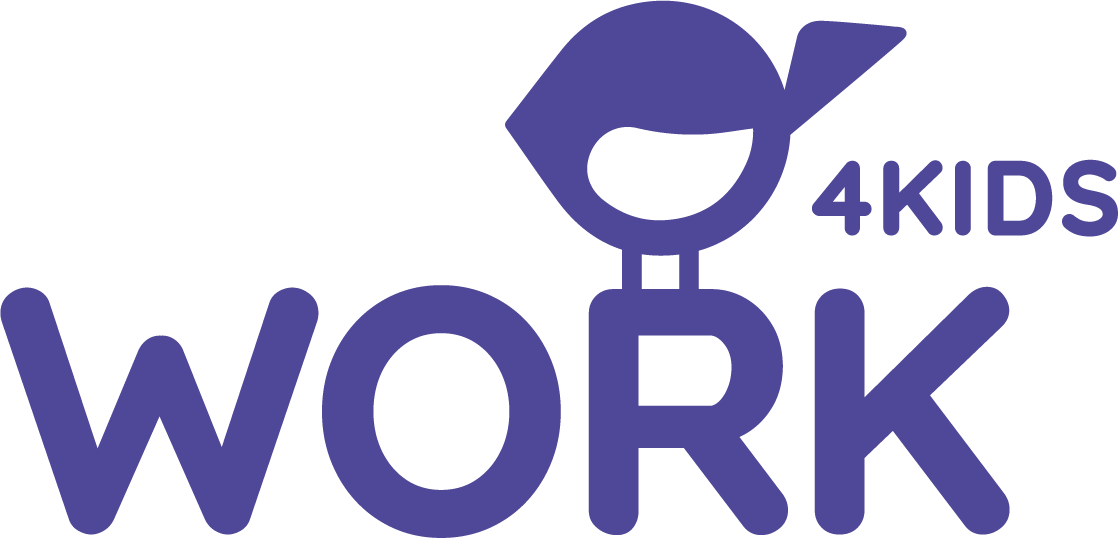News
Social learning
Social learning takes place in daily interaction with each other. We support and encourage this in all educational activities, such as helping each other, settling disputes without violence, making and maintaining friendships, showing consideration for each other and taking on tasks for the group.
In addition, we offer special activities and campaigns that also support and promote social interaction. These include, for example, vacation trips lasting several days, participation in soccer tournaments, outdoor activities, parties and celebrations.
Everyday skills
- Table manners
- Behavior in road traffic
- Learning order and structure
- Problem-solving skills
- Reading the bus timetable/riding the bus independently
- Tying shoes...
Children of other age groups
In the district, cooperation takes place between play and learning rooms, such as joint projects, cultural activities, as well as parties and celebrations.
Transitions from the playroom to the primary school classroom are also accompanied jointly in order to create a good transition for children and parents.
Girls and boys
There are activities for the whole group, as well as activities specifically for boys and girls. These are based on the interests and needs of the children. Units are offered to strengthen self-confidence and topics brought up by the children are discussed.
Intercultural learning
The children in the Lernstube come from many different cultures.As a result, there is always a lively exchange about different traditions, festivals and rituals. As a result, the children expand their knowledge and develop an understanding of diversity.
Value orientation and religionAs we are a municipal facility, there is no religious education.Due to the different religious affiliations of the children, there are always opportunities for discussions about different faiths. A tolerant and understanding approach is very important to us.
In everyday life in the learning room, care is taken to ensure that there is polite, respectful, honest and attentive interaction with one another.
Language
- The teachers act as language role modelsplayful reading exercises take place regularlyOffer: "bookworm" --> a coherent book is read aloud once a week
- language games
- Individual support as required
Information and communication technology, mediabooks
- CDS
- Tonie Box
- Independent use of games and learning programs on computer and tablet
- Reading corner with story and non-fiction books, as well as Tip Toi books and Tip Toi games
- Children's movies
Science and technology
Experiments are carried out in the learning room according to the children's interests. It is important to us to familiarize the children with the scientific background.
Environment
We attach great importance to waste separation and upcycling at the facility.
We avoid waste by using reusable lunch boxes and drinking bottles on excursions.When shopping for food, we make sure we use less packaging waste, organic and regional products, as well as keeping animals in a species-appropriate manner.Aesthetics, art and cultureCreative activities are carried out in the learning room in line with the annual cycle. We offer the children various design techniques.In addition, festivals and celebrations are prepared and held together with the group.Museums, the town and the library can also be visited during the vacations.MusicThe children use the Toni Box every day to listen to music and stories.
They also have a CD player and a music system at their disposal.
Songs are sung to match the annual cycle.
Movement, rhythm, dance and sport.
We regularly visit the gym at the Emmy-Noether-Gymnasium and go to the nearby playgrounds and sports fields.
The facility has an exercise room. Various elements such as a hammock, flexi-sheet and ropes can be installed there. The large building blocks available stimulate the children's imagination. They construct caves, parkours and much more.
Health
In the learning room, the children are taught about healthy eating. This is supported by the children helping to prepare meals.
Hygiene education is an important part of the daily work. This includes brushing teeth, washing hands, combing hair and discussing personal hygiene.



